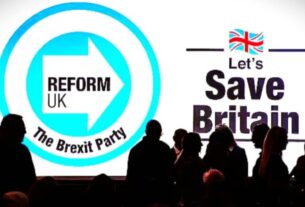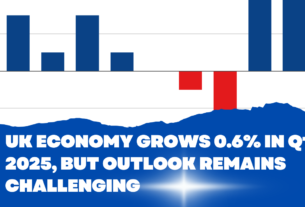Chancellor Rachel Reeves is confronting growing challenges as the UK’s cost of living crisis intensifies. Despite efforts to support households, many families continue to struggle with rising prices, particularly for essentials like energy, food, and housing. The government’s attempts to ease these pressures through targeted support have been met with calls for more comprehensive action.
Recent data shows that inflation remains stubbornly high in key areas, contributing to financial strain for millions. Energy costs, although somewhat moderated, still weigh heavily on household budgets. Meanwhile, housing expenses and food prices continue to climb, pushing many people toward difficult choices.
Reeves has emphasized the government’s commitment to protecting vulnerable groups and promoting economic growth. However, analysts warn that without more robust measures, the pressure on households may worsen, leading to deeper social and economic consequences.
The government is balancing the need for fiscal responsibility with demands for increased public spending to address the crisis. This balancing act is complicated by uncertainties in global markets and domestic economic performance, which could impact revenue and borrowing costs.
As the situation evolves, the Chancellor’s ability to manage competing priorities will be critical. Policymakers face tough decisions on whether to increase support for struggling families or tighten budgets to maintain fiscal stability.




